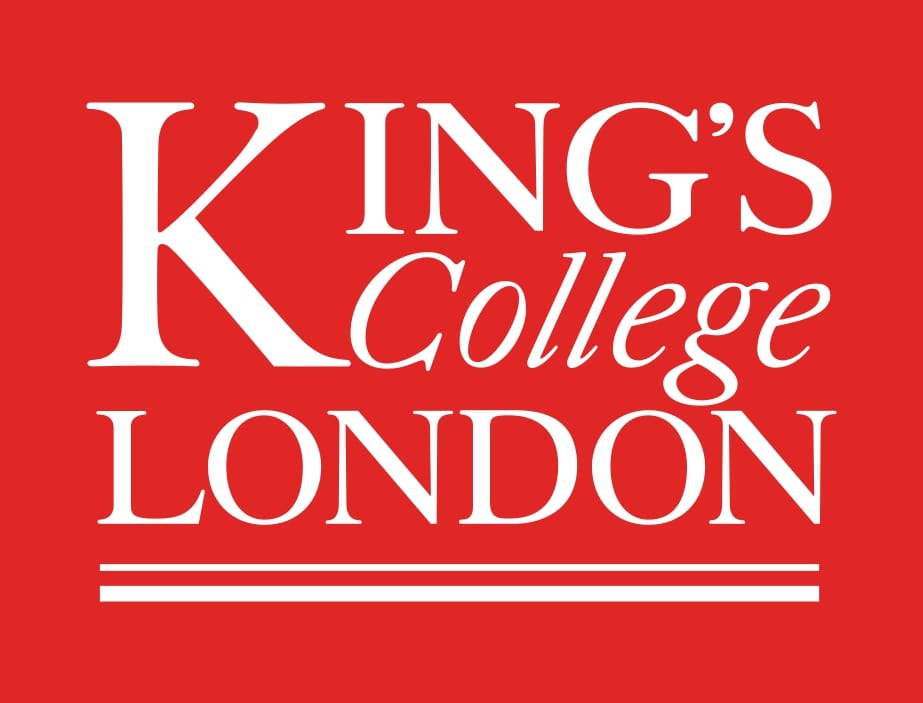This website is hosted by Latin America Bureau (LAB).
About the project
The Team
Researchers Cathy McIlwaine and Jelke Boesten have worked on gendered violence in Brazil, Peru, Colombia and Guatemala as well as the UK for over 15 years.
Marilyn Thomson was previously co-director of the Central America Women’s Network (CAWN), managing a five-year project with grassroots women’s organisations on violence against women and poverty in Central America, and producing a toolkit of best practice in addressing violence against women and girls with an intersectional lens.
Louise Morris, a journalist, audio and TV producer, has primarily made documentaries for BBC R4 and worked on a daily TV magazine show.
Supported by the Economic and Social Research Council’s (ESRC) Impact Acceleration Account Policy & Practice Fellowship at King’s, the researchers will work alongside Patricia Muñoz Cabrera, an independent researcher and expert in gender equality and intersectionality, who was formerly Chair of Women in Development Europe (WIDE). She has extensive experience as a gender policy advisor in Latin America and beyond.
Aims
- Approach the issues organisations tackle, and the ways that they succeed, with an intersectional perspective
- Foreground the voices of the women affected by different forms of violence
- Analyse the approaches that have effectively contributed to change
- Amplify the voices of women who have both suffered violence and who are building campaigns and initiatives to fight against gender violence from the grassroots up
- Positively influence broader policies around violence against women, both within and beyond Latin America
Podcast
The three-part podcast series focuses on the inspirational stories of key changemakers, the challenges they have faced and the lessons they can teach us in how to resist intersectional gendered violence against women. These change-makers have reshaped their communities’ attitudes and helped transform the lives of those impacted by violence, working collaboratively to advocate for change at an institutional level.
Cases include violence faced by migrant women – both within and outside of Latin America; body politics – women responding to violations and demanding their reproductive and sexual rights; and challenging corporate power – looking at women resisting economic violence that destroys their environment and communities. The project also covers women’s responses to heightened domestic violence during the COVID-19 pandemic.
The podcasts foreground women’s personal experiences — both those of the activists running projects and those of their beneficiaries. They can be used as teaching resources for community groups, NGOs and students.
Book
While the podcast series provides first-hand testimony of the changemakers in their own words, the book aims to contextualise their experiences further, providing additional examples of innovative violence mitigation actions and projects across Latin America. It will also serve to unpack the intersectional nature of the violence that women and girls face, contextualising individual issues in terms of the many other factors affecting these women’s struggles and successes.
Policy and Workshop
The final stage of the Women Resisting Violence Project will be developing a policy briefing and a workshop with policymakers to discuss how these transformative experiences can be taken forward.
Funding
- Women Resisting Violence is funded by the Economic and Social Research Council (ESRC) Impact Acceleration Account held at King’s College London, with additional support from the National Lottery Community Fund.
- The research conducted in Rio de Janeiro and among Brazilian migrant women in London is funded by the ESRC and Newton Fund under grant ES/N013247/1 and by the British Academy and the Global Challenges Research Fund under grant HDV190030.
- The project with Step Up Migrant Women is funded by the Lloyds Bank Foundation via the Latin American Women’s Rights Service with King’s College London.



